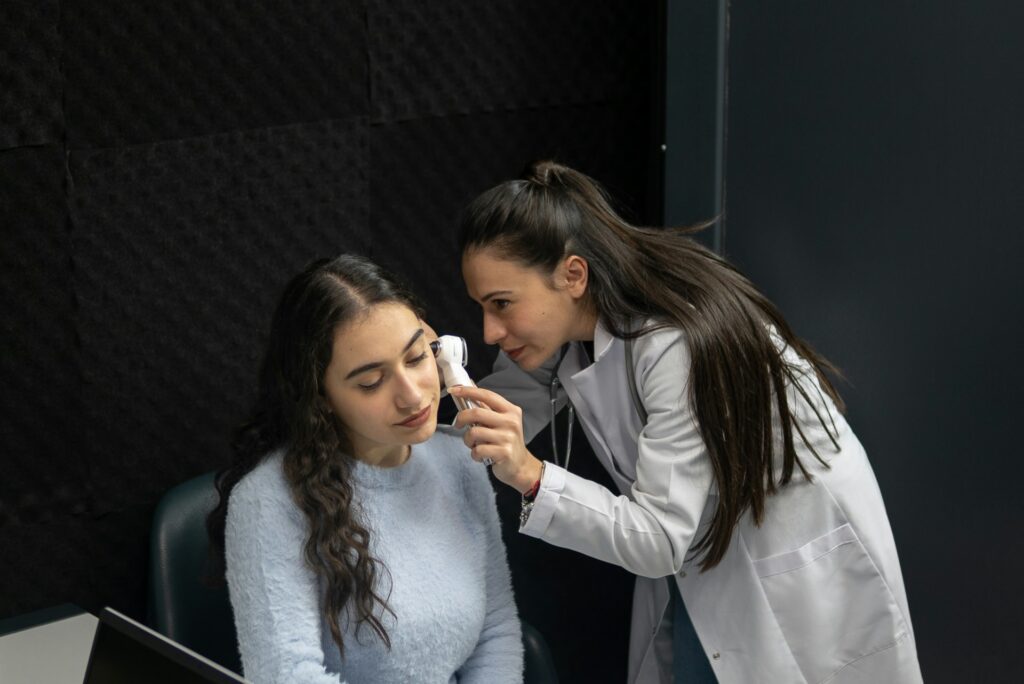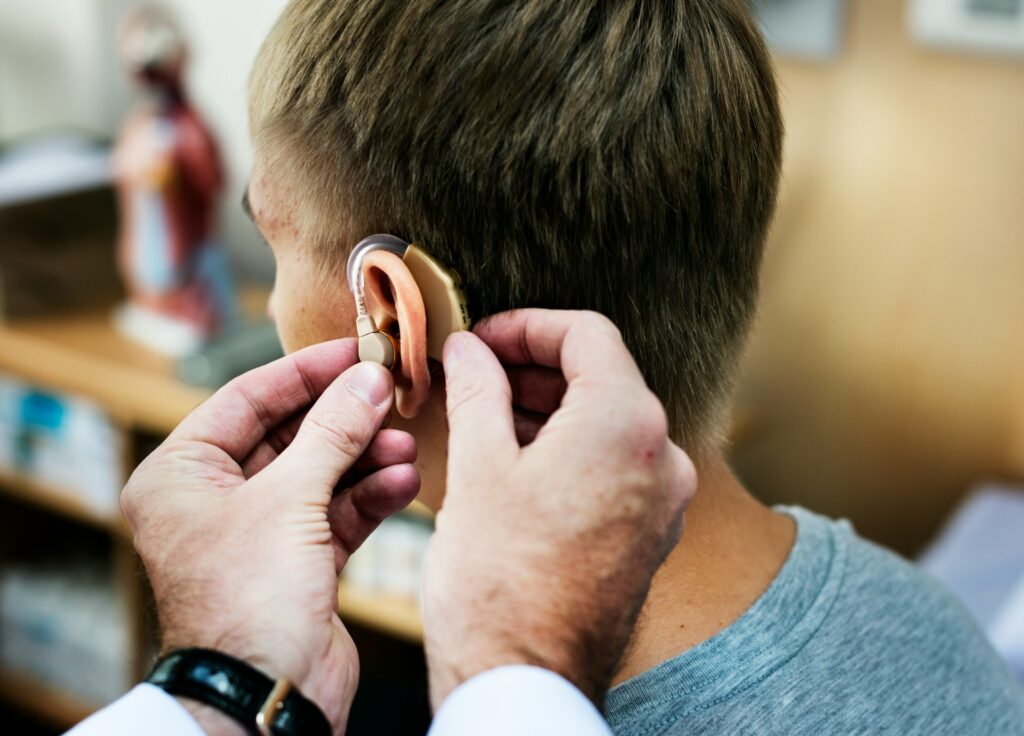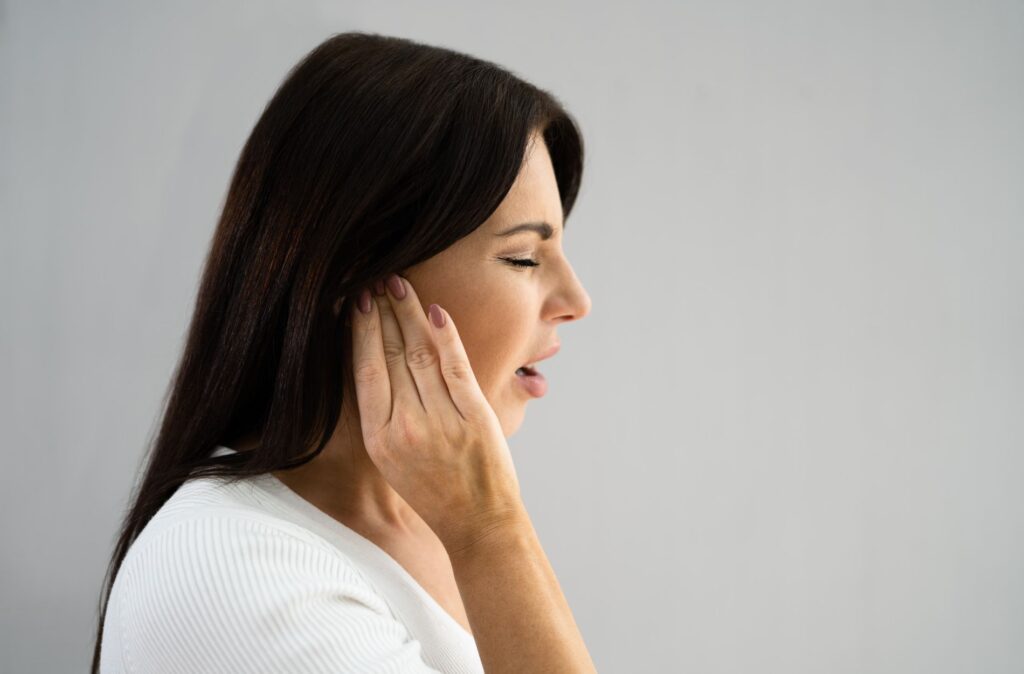Many people experience tinnitus, describing it as a constant ringing or buzzing in their ears. This condition can affect concentration, sleep, and overall well-being. Understanding tinnitus and finding effective ways to manage its symptoms is essential for improving quality of life.
Tinnitus is not a disease but a symptom of other underlying issues. It can be triggered by exposure to loud noises, ear infections, or even stress. Recognising and addressing these triggers can significantly reduce the discomfort caused by tinnitus. There are numerous strategies to help manage the symptoms, ranging from lifestyle changes to sound therapy.
Implementing these strategies can make a noticeable difference in your daily life. Whether it’s adopting new habits, using sound therapy, or knowing when to seek professional help, each step can contribute to reducing the impact of tinnitus. With the right approach, managing tinnitus is possible and can lead to a more comfortable and peaceful life.
Understanding Tinnitus: What You Need to Know
Tinnitus is when you hear sounds that aren’t coming from an outside source. These sounds can be ringing, buzzing, whooshing, or hissing. They vary in volume and can be constant or come and go. Tinnitus can affect one ear or both and may lead to difficulties in concentration and sleep.
Several factors can cause tinnitus. Exposure to loud noises is a common trigger and can damage inner ear hair cells. Other causes include ear infections, earwax build-up, and age-related hearing loss. Even certain medications, like antibiotics and diuretics, can lead to tinnitus as a side effect. It’s crucial to identify potential causes to manage symptoms effectively and seek appropriate treatments when necessary.
Top Lifestyle Changes to Reduce Tinnitus Symptoms
Making lifestyle changes can significantly reduce tinnitus symptoms and improve our quality of life. Here are some simple yet effective changes:
- Limit Exposure to Loud Noises: Using ear protection like earplugs or earmuffs in noisy environments can prevent further damage to our ears.
- Manage Stress and Anxiety: Stress can worsen tinnitus. Simple practices like deep breathing, yoga, and meditation can help us stay calm and reduce the impact of tinnitus.
- Adopt a Healthy Diet: Avoiding stimulants like caffeine and nicotine, known to exacerbate tinnitus, is beneficial. A balanced diet rich in fruits, vegetables, and whole grains supports overall ear health.
- Stay Physically Active: Regular exercise improves blood flow to our ears and has a positive effect on tinnitus. Activities like walking, swimming, or cycling are good options.
- Ensure Adequate Sleep: Quality sleep helps us manage tinnitus better. Establishing a bedtime routine and creating a comfortable sleep environment can enhance sleep quality.
By implementing these lifestyle changes, we can manage tinnitus more effectively and lead a more comfortable life.
Effective Sound Therapy Techniques for Tinnitus Relief
Sound therapy is a popular method used to manage tinnitus symptoms. It involves using external noise to alter the perception of or distract from the tinnitus sounds. One simple technique is using white noise machines. These devices produce a constant background noise that can mask the internal ringing or buzzing, helping us focus better and sleep more soundly.
Another effective approach is listening to soothing nature sounds or soft music. These sounds can be played through speakers or headphones and can help relax our minds, reducing the stress that often exacerbates tinnitus. Some people find relief using hearing aids with built-in sound generators. These devices amplify external sounds while also producing therapeutic sounds to help manage tinnitus symptoms.
When to Seek Professional Help for Tinnitus Management
While many people manage tinnitus with lifestyle changes and sound therapy, professional help is essential in some cases. It’s important to see a healthcare provider if we experience sudden or severe tinnitus, which could indicate a more serious underlying problem. If tinnitus is accompanied by other symptoms like dizziness, hearing loss, or ear pain, immediate consultation is necessary.
During a professional consultation, an audiologist can perform a thorough hearing assessment to understand the extent of the problem. They might suggest treatments such as customised sound therapy, counselling, or advanced hearing aids designed for tinnitus management. Seeking expert advice ensures we receive the care needed to manage tinnitus effectively and improve our quality of life.
Conclusion
Proper ear care is crucial for maintaining our hearing health and overall well-being. Understanding tinnitus, making lifestyle changes, and exploring sound therapy techniques are all essential steps in managing this condition. It’s equally important to know when to seek professional help to ensure we receive appropriate treatment.
At Country Hearing Care, we are dedicated to providing comprehensive support for your hearing needs, from hearing tests to tinnitus management and ear health maintenance. If you are experiencing symptoms of tinnitus or need guidance on hearing care, contact us today to schedule an appointment. Let us help you achieve better hearing health and a more comfortable life.










